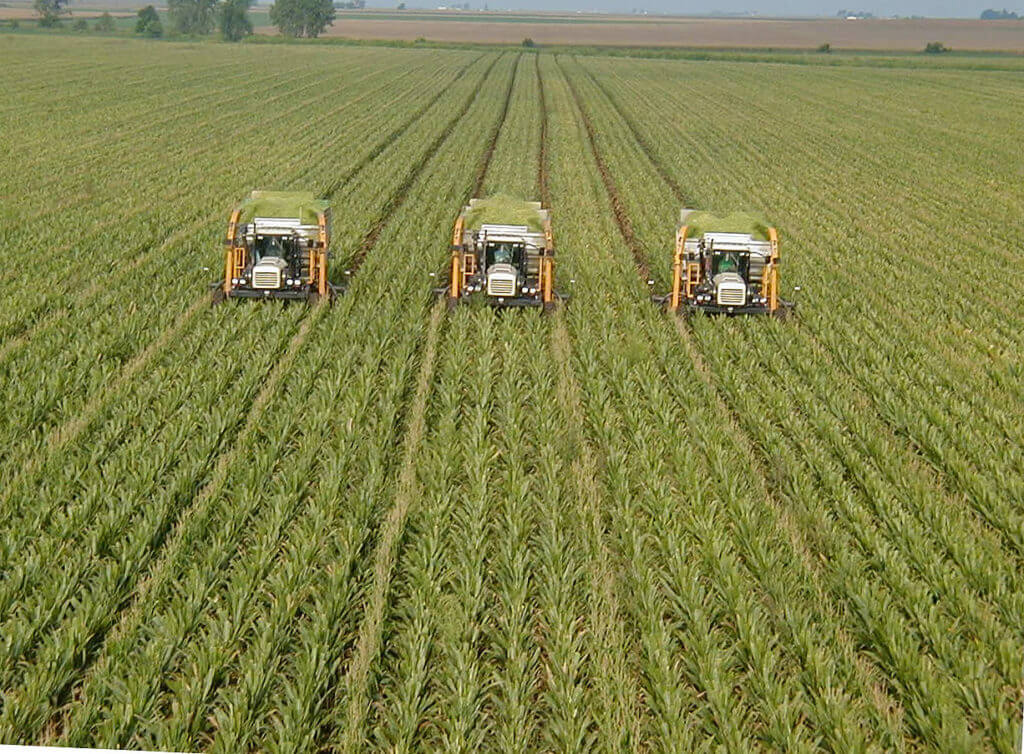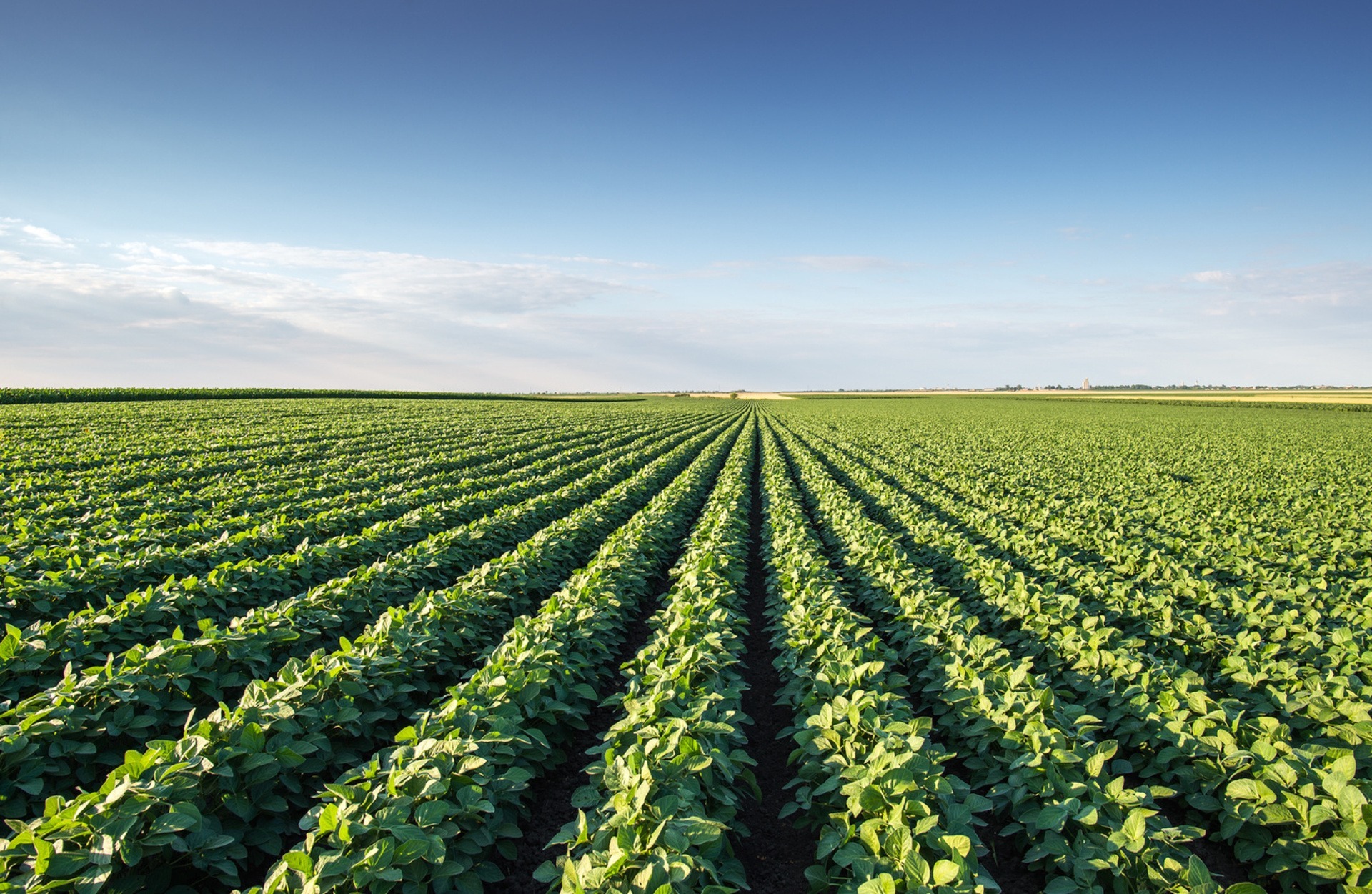Advanced Techniques For Livestock Farming Success
When it comes to modern agricultural practices, there is no denying that technology has had a huge impact. With the use of advanced machinery and cutting-edge techniques, farmers have been able to drastically improve their yields and efficiency. In this post, we will explore some of the most innovative modern farming methods, with a focus on livestock and crop production. Sit back and get ready to be blown away by the amazing advancements that have been made in the agriculture industry.
Revolutionizing Livestock Farming with Technology
One of the key areas where technology has made a huge difference is in livestock farming. In the past, farmers usually relied on traditional methods, which could be time-consuming and labor-intensive. However, with the advent of new technologies, farmers have been able to streamline their operations and improve their profits.
One such technology is the use of RFID ear tags. These small devices contain a microchip that can store information about each animal, such as its age, breed, and medical history. With this information, farmers can better track their animals and make more informed decisions about their care and management.
Another innovative technology in livestock farming is precision feeding. This refers to the use of sensors and software to precisely measure the nutrient requirements of each animal and deliver the appropriate amount of feed. This not only improves the health of the animals but also reduces feed waste, making the operation more efficient.
Finally, we have the use of drones in monitoring livestock. These unmanned aerial vehicles can be equipped with cameras and other sensors that can provide farmers with real-time data on their animals, such as their location, behavior, and body condition. With this information, farmers can take proactive steps to prevent disease and other issues.
The Future of Crop Production: A Look at Modern Farming Methods
Just as technology has revolutionized livestock farming, it has also had a huge impact on crop production. From the use of precision agriculture to the development of genetically modified crops, modern farming methods have made it possible to grow more food with fewer resources.
One of the most exciting developments in modern farming methods is precision agriculture. This refers to the use of technology such as GPS, drones, and sensors to precisely measure and map soil moisture, nutrient levels, and other predictors of crop yield. With this data, farmers can make more informed decisions about planting and fertilizing, which can lead to higher yields and reduced waste.
Another key development in modern farming methods is the use of genetically modified crops. These crops have been engineered to resist pests, diseases, and adverse weather conditions, which can reduce the need for pesticides and herbicides. Additionally, these crops can be designed to have higher yields and better nutritional content, which can help feed a growing global population.
Finally, we have the use of hydroponics in crop production. This refers to the practice of growing plants in a soil-free medium, such as water or gravel. With hydroponics, farmers can control the nutrient and water supply to their crops more precisely, which can lead to higher yields and faster growth.
Conclusion
As we can see, modern farming methods have had a transformative effect on both livestock farming and crop production. With the use of advanced technologies, farmers can improve their yields, reduce waste, and make their operations more efficient. At the same time, these technologies can help to feed a growing global population and ensure that everyone has access to nutritious, high-quality food. While there are certainly challenges that remain, such as the need for sustainable and environmentally friendly farming practices, the future of agriculture looks bright thanks to these amazing innovations.

Source image : upvey.com

Source image : punchng.com

Source image : www.invest4land.com




